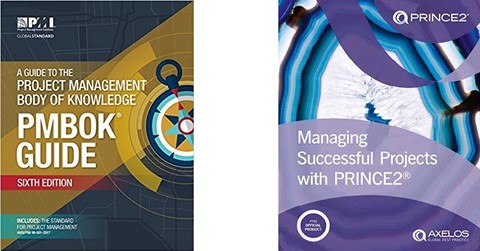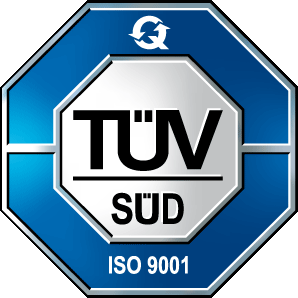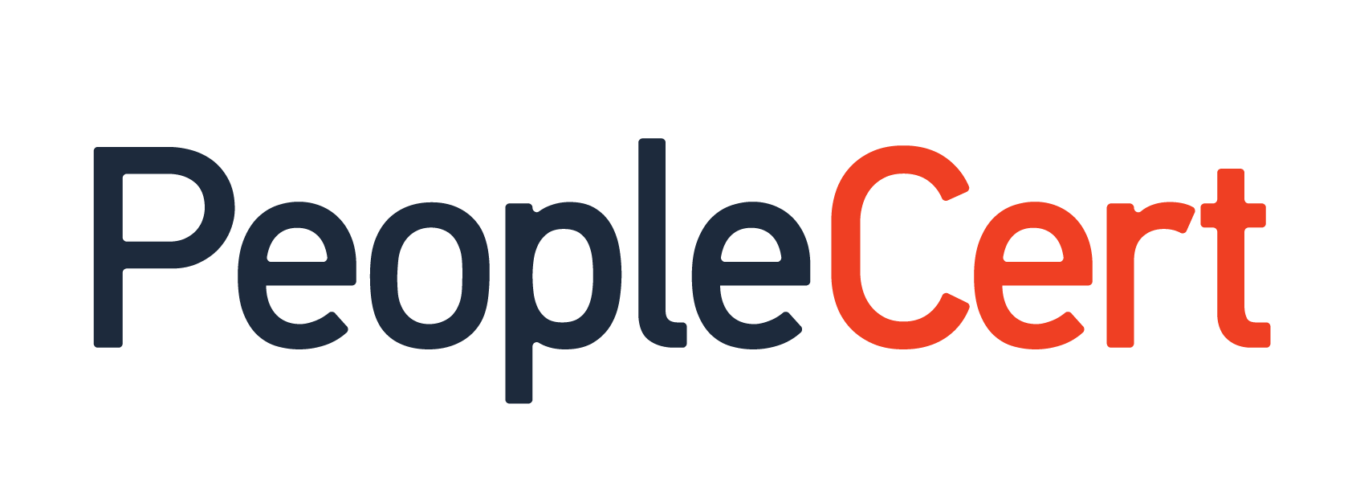PMBOK® Guide vs manual PRINCE2® – Project integration management part 2
Continuing the thread started in the previous text in the series PMBOK® Guide vs. manual PRINCE2® I intend to discuss here the similarities and differences regarding the second key project document after the project charter (PMBOK® Guide), czy też założeniach projektu (PRINCE2®). Jest to dokument, który nie jest podstawą podjęcia formalnej decyzji o rozpoczęciu projektu, ale podstawą jego zorganizowania i skutecznego poprowadzenia. Mowa o planie zarządzania projektem (ang. project management plan) według PMBOK® Guide and project initiation documentation in accordance with the PRINCE2® methodology.
This time, let's start with the PRINCE2® manual. The 2017 edition brought us a large dose of additional information on the possible adaptation of the methodology to the conditions and specificity of the project. In addition to covering this in two separate chapters, each chapter on one of the 7 processes includes considerations on this topic. The fragment we are interested in can be found in the chapter devoted to the process of initiating a project. The first step in this process is now to agree on the customization requirements. They will become the first element of the project initiation documentation.
Next, approaches to risk management, quality management and change control are defined in parallel. Each of them may contain elements related to communication between project stakeholders, which are then collected in a communication management approach. Next, the project initiation process includes two parallel activities: establishing project controls and creating a project plan. This important parallelism indicates that, for example, by dividing the project into stages, I also establish key moments of monitoring and control.
The project plan, of course, specifies how, when and for how much we will produce the final project product. Guidelines for its shape can be found in table 16.10. “The project plan can be informal or formal depending on the context. This may be a single document containing a description of the project's final product, descriptions of the products (constituting the project's final product) and the benefits management approach. The project plan may include components in any format commensurate with the complexity of the project, including a simple list of responsibilities, products, activities and dates, Gantt charts, or a product backlog.”
According to the same table, project initiation documentation includes all of the above-mentioned elements and one more. This is supplemented with financial business justification data, as I have already mentioned when describing the project life cycle in terms of the PRINCE2® methodology. “Project initiation documentation may be a single document containing all components, a set of separate documents, or any combination of documents and data.” For the sake of order, I will list once again all the mandatory elements of project initiation documentation: risk management approach, quality management approach, change control approach, communication management approach, project control mechanisms, project plan, detailed business justification, adaptation of the PRINCE2® methodology.
In the sixth edition PMBOK® Guide each of the 10 knowledge areas is also accompanied by considerations on adaptation. However, important tips in this regard can be found in the chapter on basic elements, in section 1.2.5.: Appropriate project management processes, inputs, tools, techniques, outputs and life cycle phases should be selected for project management. Therefore, considerable freedom for the project manager in choosing what he will need to effectively run the project is postulated. It is worth remembering the first paragraph of this section. “Typically, project managers apply project management methodology to their work. A methodology is a system of practices, techniques, procedures and principles used by people working in a given discipline. This definition clearly explains that a guide (i.e. PMBOK® Guide) is not a methodology.”
PMBOK® Guide offers us a process: Create a Project Management Plan. In the second and third paragraphs of the chapter devoted to discussing this process, we will find the following guidelines. “The project management plan defines how the project is implemented, monitored and controlled, and closed. The content of the project management plan depends on the area of application and the complexity of the project. The project management plan can be general or detailed. Each plan that constitutes the project management plan is refined to the level required by the specific nature of the project.”
What plans do the authors have in mind? Let's look at paragraph four. “The project management plan should contain baselined elements; i.e. it is essential to define project benchmarks for its scope, time and cost so that project performance can be measured and compared against these benchmarks and so that performance can be managed.” We can therefore say that according to PMBOK® Guide every project management plan must include: scope baseline, schedule baseline, cost baseline. The famous trifecta of design constraints must therefore have its appropriate one in the plan.
What's next? Section 4.2.3.1 presents the entire set of plans that can be part of a project management plan. At the same time, this list is not closed. In addition to baseline plans, it includes two general categories: supporting management plans and additional components. Auxiliary management plans include management plans for: scope, requirements, schedule, costs, quality, resources, communication, risk, purchases, and stakeholders. In turn, the additional components include: change management plan, configuration management plan, performance measurement baseline plan, project life cycle, implementation approach, management reviews.
To sum up the above considerations, it is difficult for me to disagree with the above-mentioned statement regarding the methodology: PMBOK® Guide it is not a methodology. As a set of good project management practices, it allows the project manager much more freedom. It clearly indicates that the necessary elements of the project management plan for each project are only the basic plans specifying the scope, schedule and costs that can be referred to in the implementation of the project. In PRINCE2® project initiation documentation, this would correspond to the project plan. However, the methodology also requires us to provide equivalents of parts of the auxiliary plans (risk management approach, quality management approach, communication management approach) and additional components (change control approach, control mechanisms), as well as to include a detailed business justification and a description of adapting the methodology to project environment.
Author: Maciej Krupa










